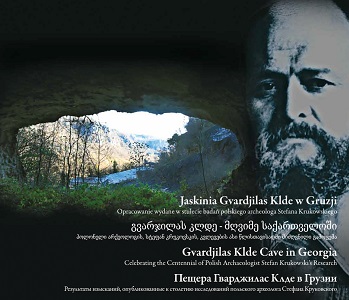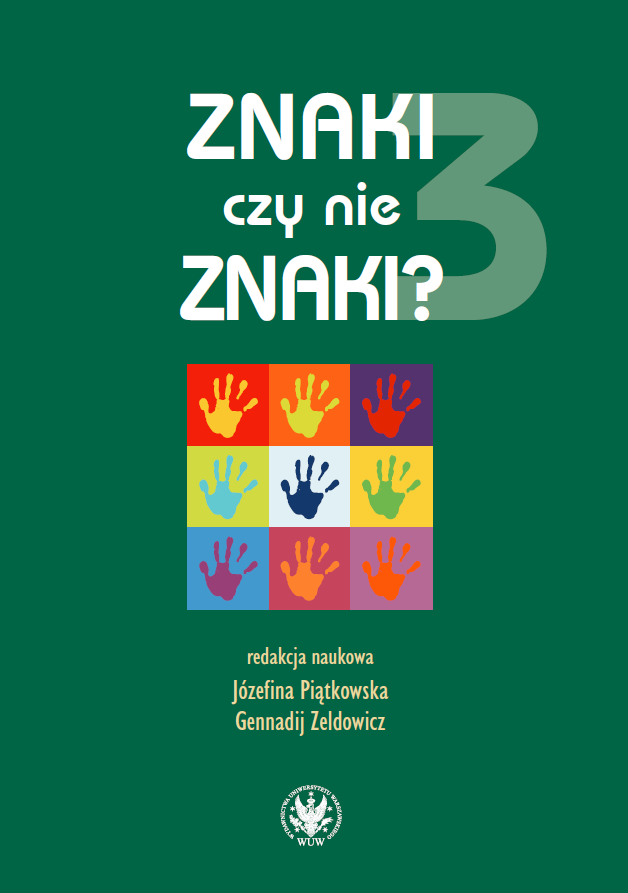
From the publisher
Od wydawcy
Keywords: Stefan Krukowski; Georgia; Gvardjilas Klde Cave; archaeology; Paleolithic
Critical edition of the unpublished text of Stefan Krukowski, one of the fathers of Polish archaeology, regarding his research on the cave site in Georgia in 1916. The book, edited in Russian, Polish, Georgian and English, consists of the introductory part (consisting Krukowski’s biography, history of research in the site under discussion and of the research on the Paleolithic in Georgia in general), of the text of Krukowski and accompanying illustrations, as well as of the separate modern tables with drawings and photos of the artifacts. Stefan Krukowski, born in 1890, a loner who never completed secondary school or went to university, a Polish rescarcher of the Palaeolithic, founder of a research school, an inspiring teacher of many Polish prehistorians, arrived in Georgia in May of 1916. He explored caves and rock shelters for two years in the foothills. The monograph on the Gvardjilas Klde Cave was written over 1000 years ago, yet the analyses it contains might just as well have been written by a contemporary archaeologist. The history of European archaeology might have taken a completely different path in this publication had been published in 1918, as Stefan Krukowski had planned.
More...
